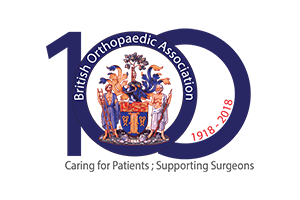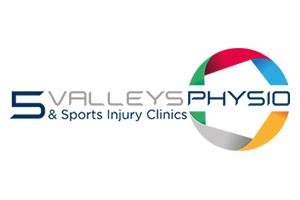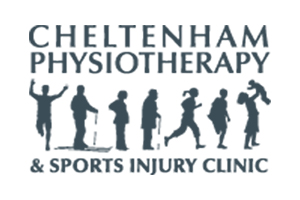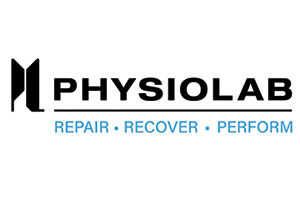TORN KNEE CARTILAGE (MENISCUS)
The menisci are made from a rubbery form of cartilage (fibro-elastic cartilage) and are traditionally referred to as the “shock absorbers”of the knee. In truth they are a highly specialised structure that helps to transmit force through the knee, improves the congruity of the joint, improves stability and helps lubricate the joint.
HOW DOES THE MENISCUS BECOME INJURED?
Broadly speaking there are two types of meniscal tears and these are referred to as traumatic and degenerative.
Traumatic meniscal tears are often associated with sports activities and come on very suddenly often following twisting injury to the knee. Depending on the pattern of the tear the knee will often swell over the course of a few hours as fluid builds up in the joint. This fluid then gradually dissipates over a few days but patients are usually left with feelings of instability in the knee (giving way) associated with episodic sharp pains in the area of damage in the knee. Occasionally the knee will lock in one position with the patient unable to fully straighten the knee prompting urgent referral and investigation.
Degenerative meniscal tears may also come on suddenly but are often associated with a less violent injury on a background of early or established arthritis of the knee. Patients with degenerative meniscal tears present with similar symptoms to those with acute tears, but will often have symptoms of arthritis that overlap making diagnosis and treatment slightly more challenging.
HOW IS A TORN MENISCUS DIAGNOSED?
An MRI scan is usually the preferred tool to confirm the presence of a torn meniscus. Your doctor will usually require xrays to rule out other causes of knee pain to assist with this.
WHAT IS THE TREATMENT OF A CARTILAGE TEAR (TORN MENISCUS)?
There are a large number of treatment options for a damaged meniscus. Many patients’ symptoms will improve with simple anti-inflammatories, use of a temporary knee brace and early rehabilitation, possibly under the supervision of a physiotherapist. For those that continue to struggle with symptoms despite these measures surgery may be required. This is usually in the form of Knee Arthroscopy (key hole knee surgery) where meniscal repair can be performed in some cases or removal of the damaged part can be performed if unrepairable (arthroscopic meniscectomy). Our surgical team have trained extensively in arthroscopic surgery for knee injuries and will be able to advise you on all types of treatment for your knee injury.









